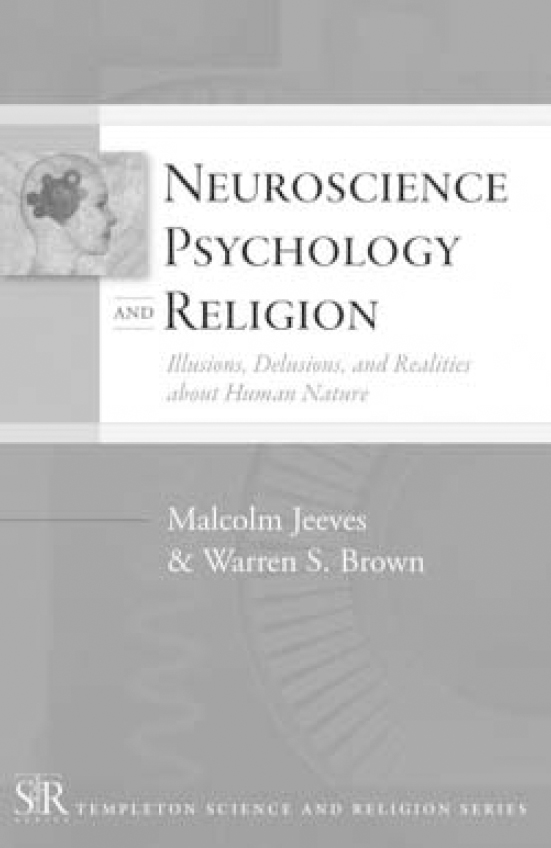
The past few decades has witnessed an exponential growth of research on neuroscience, neuropsychology and religion, and this volume, authored by two distinguished neuroscientists, is a well-written, state-of-the-art and balanced account of this area. Malcolm Jeeves, a neuropsychologist, is emeritus professor at St Andrews University, Scotland. Warren Brown, also a neuropsychologist, is professor at the Graduate School of Psychology at Fuller Theological Seminary, California.
The authors successfully weave together empirical research findings with philosophical and theological discussions to provide a clear and lucid account of this developing area of study. They address a number of issues of relevance to neuroscientists, philosophers and, I would also argue, psychiatrists: the relationship between science and religion; the mind/brain problem; the neuropsychological/neurophysiological basis of religion and morality; and ‘what human nature is’. In asking these questions they discuss what makes humankind uniquely human.
The book outlines the recent advances in neuroscience along with a description of various types of imaging. The relationship between religion and science is discussed and, more specifically, the recent move from a ‘warfare’ approach to one of ‘partnership’. Diverse views about the relationship between the soul, mind and brain are presented from a historical perspective. Further, the authors draw interesting parallels between the ‘science’ of phrenology and the recent attempt of scientists to find a ‘God spot’. Psychiatrists with an interest in brain damage and psychological functioning may find particularly relevant sections where principles of brain functioning, localisation, consciousness, and the neuropsychological basis of morality are discussed. Later in the book the focus changes to look at evolutionary psychology. The authors concentrate on a number of areas of contemporary interest: language, theory of mind, mirror neurones and altruistic behaviour in animals. They ask what makes humans distinctive in terms of psychological capacities.
Various studies examining the neurophysiological basis of religious experience are described, including studies of temporal lobe epilepsy, transcranial magnetic stimulation and brain imaging, as well as the neurological basis of morality. As regards the mind/brain problem, various philosophical positions are outlined: reductionism, determinism and emergence. The authors present a sophisticated analysis of the issue, finding a middle way between dualism on the one side and reductive physicalism or materialism on the other. They contend that an emergence theory of mind provides the most coherent model for making sense of this body of neuropsychological research. There is a lucid theological discussion of the Christian notion that man is made in the image of God and how this accords with recent neuroscientific findings. Finally, the authors argue that spirituality is embodied and embedded in a cultural milieu but this area of neuroscience is a work in progress requiring better interpretations, a sentiment I would completely agree with.
If there is one criticism of this book, it is that it includes too many topics for discussion. Subsequently, their philosophical analyses are necessarily limited in some areas, such as the biological basis for religion/spirituality. Overall, however, this is an excellent book. I would fully recommend it to psychologists and psychiatrists and anyone with an interest in this area.



eLetters
No eLetters have been published for this article.